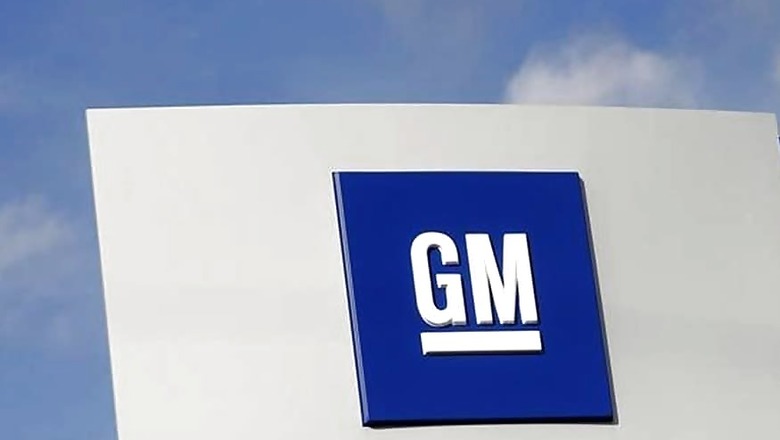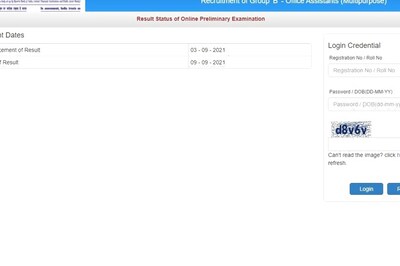
views
General Motors Co's bid to block hundreds of lawsuits, potentially worth billions of dollars, over a deadly ignition-switch defect broke down on Monday when the U.S. Supreme Court refused to hear its appeal claiming the suits were barred by the No. 1 American automaker's 2009 bankruptcy.
The justices declined to review a 2016 ruling by the New York-based 2nd U.S. Circuit Court of Appeals that rejected GM's bid to block customer lawsuits related to crashes and diminished vehicle value because the plaintiffs had not been properly notified of the defect prior to the bankruptcy filing.
The case involved a faulty ignition switch in GM vehicles linked to 124 deaths and 275 injuries. The switch could slip out of place, causing engine stalls while driving and cutting power to critical brakes, steering and air bag systems.
GM spokesman Jim Cain said in a statement the denial of the appeal "was not a decision on the merits, and it's likely that the issues we raised will have to be addressed in the future in other venues because the Second Circuit's decision departed substantially from well-settled bankruptcy law."
Investors shrugged off the ruling as GM shares rose $0.33, or 1 percent, to $34.08 in Monday trading.
Also Read: GM To Produce Pure-Electric Cars In The eDrive Hub, China
The court's action allows lawsuits to proceed over pre-bankruptcy death, injury, economic loss and used-car economic losses.
"Hundreds of death and injury cases have been frozen in place for years as GM wrongly tried to hide behind a fake bankruptcy," Robert Hilliard, lead counsel for the plaintiffs, said in a statement. "Now, GM can hide no more."
GM's Cain said that "as a practical matter, this doesn't change the landscape much in terms of the GM litigation. The plaintiffs must still establish their right to assert successor liability claims. From there, (they) still have to prove those claims have merit."
The defect prompted Detroit-based GM to begin recalling 2.6 million vehicles in 2014. It has already paid roughly $2.5 billion in criminal and civil penalties and settlements and legal fees in connection with the switch. The company previously acknowledged that some of its employees knew about the switch defect for years before a recall was initiated.
In 2015, a U.S. bankruptcy judge ruled that GM was shielded from liability over its pre-bankruptcy actions. The 2nd Circuit reversed that ruling. Since the plaintiffs were not properly notified of the defect or bankruptcy filing, barring them from suing GM would violate their constitutional rights to due process, the court found.
"Due process applies even in a company's moment of crisis," the appeals court stated.
That ruling affected injury and death cases stemming from pre-bankruptcy crashes, as well as claims from customers who said their vehicles lost value as a result of the ignition switch and recalls involving other parts. The claims could be worth up to $10 billion, according to court papers.
GM, supported by the U.S. Chamber of Commerce and the National Association of Manufacturers, said under the federal bankruptcy code, its 2009 bankruptcy sale to a new government-owned entity made it "free and clear" of former liabilities.




















Comments
0 comment